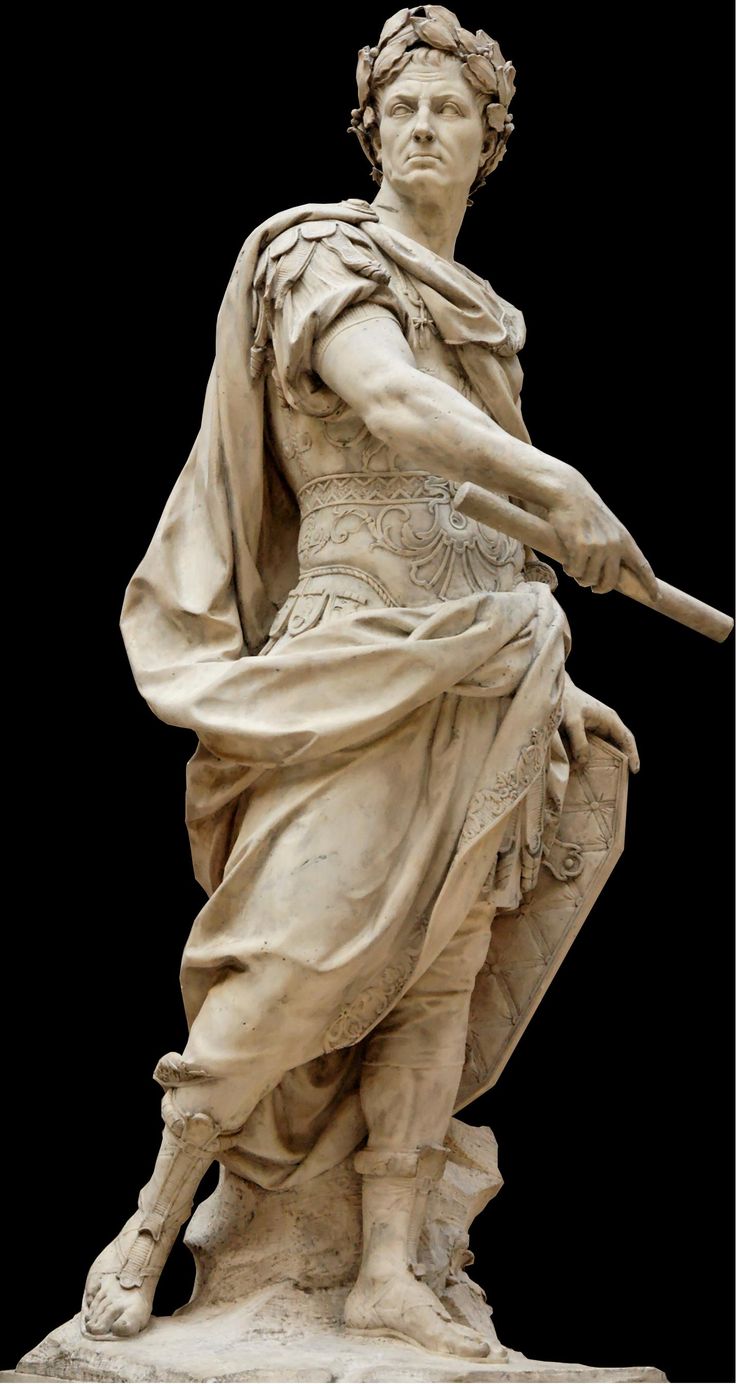The assassination of Julius Caesar led to the most catastrophic civil war in the history of the Roman Empire.
Julius Caesar was a Roman military and political leader and one of the most influential men in the history of the world. He played a key role in the transformation of the Roman Republic into the Roman Empire. One of his most glorious victories [1] – his conquest of Gaul (including France, northern Italy, Belgium, western Switzerland, etc. today) paved the way for Rome to approach the Great Atlantic Ocean. Julius Caesar then launched the Roman invasion of Britannia (now England) and built the Rhine Bridge in 55 BC, becoming the first Roman general to cross the Channel and cross the right bank of the Rhine.

Caesar is considered one of the most eminent military personnel, politicians, and one of the greatest leaders in world history in ancient Rome.
He was appointed Imperus Maximus Dalte Sum Romana by the Roman Presbyterian Institute as the highest ruler in Rome. This title states that it la Praetori and Romanus, which means “The highest patron of Rome” (this title was later passed on to Augustus).
Historian Plutarch noted that at one point Caesar told the Institute of Elders that his honors should be reduced rather than increased, but then withdrew that view so as not to appear ungrateful. He received the title of Pater Patriae (the father of the country). He was appointed supreme governor for the third time; and has been nominated for the position for nine consecutive years per year, for a total of ten years. He also received the authority of censorship as praefectus morum for three years.
In early 44 BC, as Caesar’s reputation continued to grow and the gap between him and the aristocracy widened, he was given the title of dictator Perpetuus, guaranteeing the supreme monarchy until his death. This title began to appear on the coins, placing Caesar first. Some began to call Caesar Rex (king) but Caesar refused to accept the title “Rem Publicam sum!” (I am the republic!). At the New Temple of Venus, when a delegation of the Ancients arrived, Caesar refused to greet them. Although Caesar is believed to have suffered from diarrhea (a symptom of his epilepsy), the elders felt immense humiliation. Seeing his mistake, Caesar sought to appease the elders by craning his neck out to his friends and asking if anyone needed it, cut it off. But all considered too late, the plot to assassinate him has begun.
The assassination of Julius Caesar was the result of a conspiracy of many Elders, who called themselves Liberatores. Many elders fear that Caesar intends to overthrow the Senate in favor of the dictatorship. The aftermath of the assassination led to a civil war a year later and, finally, the beginning of the era of the leaders of the Roman Empire.
March 15, 44 BC Close general Mark Antony was skeptical that the seniors suddenly wanted to meet Caesar and did not allow bodyguards to follow as usual. But it was too late, passing by the theater Pompey Caesar was stopped by a group of elders and led him into a room at the East Gate.
While Caesar was reading the false request, Servilius Casca approached Caesar’s robe and passed his hand on his neck. Caesar turned and grabbed Casca’s chin and shouted in Latin, “Bastard Casca, what are you doing?” Frightened Casca called on the agents to conspire in Greek: “Please help!”
Immediately the whole group of elders, including Brutus, charged to Caesar. According to Eutropous, more than 60 people were involved in the plot to kill him and Caesar was stabbed 23 times in total.
However, after Julius Caesar’s death, the Republic of La Ma continued to sink into a civil war for power and resulted in its collapse. Octavianus was a supporter of Caesar who ultimately ended the war and became Emperor of Rome under the name of Caesar Augustus. In 42 BC, Caesar was consecrated as Divus Iulius (“The Divine Julius”), while Augustus became Divi filius (“Son of a god”).


